“I have post-operative patients I need to see tomorrow. I can’t get arrested. But I’m a physician and I have a responsibility to bear witness to this injustice.”
Such were the thoughts racing through my head as the sun rose over the University of Alberta in the early morning of May 11, 2024, and our peaceful protest was met with police violence.
I witnessed students and faculty standing arm in arm chanting for justice as dozens of riot police advanced upon them. The police pushed protesters to the ground before bloodying them with billy clubs.
They fired non-lethal munitions into the crowd, even after protesters had been forced well beyond university grounds. Similar scenes have played out across North American universities, including the University of Calgary.
At the University of Alberta, president Bill Flanagan issued a statement to the community following the decampment. In his statement, Flanagan said police reported no injuries. However, a University of Alberta professor told CTV News that “campers were injured,” including one student who sought medical attention. In addition, protesters posted a photo on social media of an injury they claim was from a police baton.
In another statement, Flanagan emphasized that the decision to decamp the protesters was motivated by a concern for public safety.
To me, the idea that the encampment, left as it was, would spiral into chaos is a cynical framing of the situation. And in clearing the encampment as he did, Flanagan failed to consider a peaceable alternative: engage in meaningful dialogue with students and address Israel’s destruction of Gaza.
Non-violent resistance is ethical and effective
I grew up learning about the Israel-Palestine conflict through my father’s work as a peace studies professor. When Hamas killed Israeli civilians on Oct. 7, 2023, I immediately condemned the attacks. If my father has taught me anything, it’s that non-violent resistance is not only more ethical; it’s more effective. But when Israel responded by carpet bombing Gaza and intensifying military raids in the West Bank, my criticisms encompassed Israel, too.
The violent history between Israel and Palestine started well before Oct. 7. While a comprehensive recount is beyond the scope of this piece, I want to be clear: the Israel-Palestine conflict is not the story of two equal nation actors at war with each other.
Since the Nakba in 1948, Palestinians have been under Israel’s oppression, including over 50 years of suffocating military occupation. While political groups from within Gaza have responded with violence, 2.2 million Gazans have been suffering in what is referred to as the world’s largest open-air prison.
Scholars described Israel’s systematic decimation of the Palestinian people as a “slow-motion genocide” long before the recent exponential murder of civilians. I say this not to exonerate Hamas’s violence but to contextualize it.
Holding simultaneous critiques of Hamas and Israel is not contradictory; it’s crucial in order to move beyond the current cycle of violence and realize peace for all.
Not only unrelenting, but escalating
In January 2024, the International Criminal Court found Israel’s military invasion of Gaza to be “plausibly” consistent with genocide. The court ordered Israel to immediately cease all military operations and withdraw from Gaza, and to do everything in its power to prevent genocide against the Palestinian people.
Almost five months later, Israel’s destruction of Gaza and its people is not only unrelenting; it is escalating.
Israel’s most recent invasion of Rafah, a refugee camp of more than 1.7 million displaced Palestinians, 600,000 of whom are children, has killed hundreds of civilians and forced another half a million to flee.
The only sound more deafening than Israel’s bombs has been the world’s silence. Yet as the genocide in Gaza was becoming ambient to our daily lives, courageous students decided to stand for justice.
What started at Columbia University in New York City has since spread across the world to become the largest student uprising of our time.
The movement is championed by diverse student groups, including those who identify as Indigenous, people of colour, LGBTQ2S+, Jewish and Palestinian.
They are united by their demands for universities to disclose all financial investments and divest from all companies complicit in Israel’s ongoing destruction of Gaza. The movement is also tied together by how institutions have responded to peaceful calls for justice with indiscriminate police violence.
This is exactly what I witnessed at the University of Alberta’s encampment, the so-called People’s University for Palestine. For two nights, students and community members came together to share, connect and imagine a better world.
Under the wonder of the aurora borealis, we built community in the name of calling for an end to colonial violence. The encampment was a microcosm of what the university should stand for: truth, justice and peace.
The role of doctors in a health crisis
So what is my role as a physician? I experienced a moral conundrum at the encampment. I knew getting arrested would compromise my ability to care for my patients. But I also knew I couldn’t turn my back on the students fighting against the largest health crisis of our time.
As I write this article and balance my commitment to my patients, I know I can’t ignore the university’s violent suppression of free speech, which to me is a threat to the health of our democracy.
The tension I am experiencing illuminates our responsibility as physicians: to strive for the health of all. We are public servants held in high regard by society and expected to act with moral clarity as we tend to people during their most vulnerable moments.
But if we can see clearly while caring for the patient in front of us, why does our vision blur when Gaza is suffering?
By the same token, if we as physicians call for democracy and universal health coverage, why do our voices fall silent when our students are brutalized by police and our democracy is under attack?
Gaza has been bleeding for seven months. What’s been particularly abhorrent is Israel’s systematic targeting of health-care facilities and staff: 24 hospitals have been destroyed and 493 health workers have been killed. The World Health Organization, Médecins Sans Frontières and grassroots organizations like Health Workers Alliance for Palestine have publicly condemned Israel’s decimation of Gaza’s health-care system.
Yet the Canadian Medical Association, our largest professional body, remains silent. Worse yet, outspoken Canadian physicians have faced detrimental repercussions for criticizing Israel.
For instance, University of Ottawa physician Dr. Yipeng Ge was suspended for a series of pro-Palestinian posts on social media. In opposition to its mandate to advocate for physicians, the CMA similarly reprimanded Ge for his Palestinian solidarity.
The CMA’s silence is not only harmful; it’s hypocritical. On March 1, 2022, the CMA released a statement calling for Russia to protect health-care workers and patients in Ukraine.
If the CMA rightly sees its role to condemn the targeted attacks on Ukrainian health infrastructure, why not extend this critique to Israel?
My heart aches when I read about the killing of Palestinians like Hind Rajab and Sidra Hassouna, just as it does when my own patients suffer.
And while it can feel outside the scope of our duties, physicians must look beyond their own to promote health for all.
The late Dr. Paul Farmer, a revered humanitarian, said, “The idea that some lives matter less is the root of all that is wrong with the world.”
We cannot let our silence as Canadian physicians be even a seed for the suffering of the Palestinian people. ![]()
Read more: Health, Rights + Justice, Politics, Education, Alberta
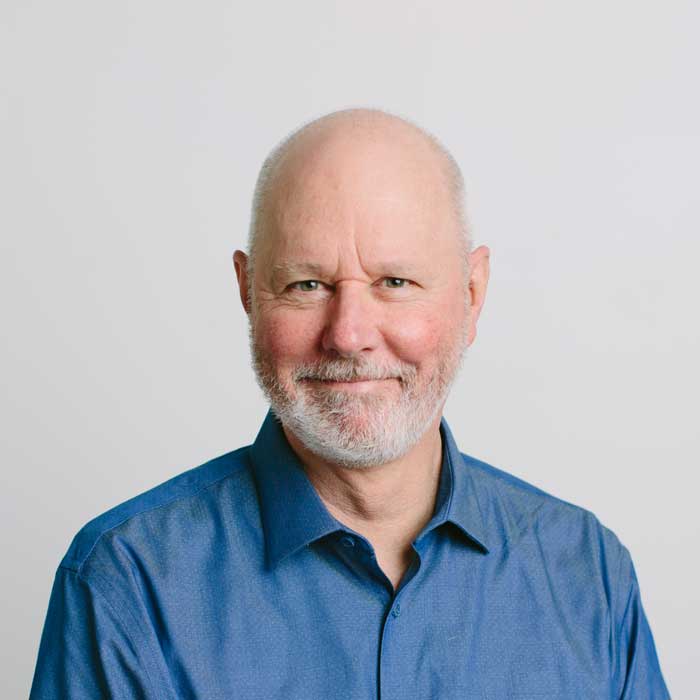

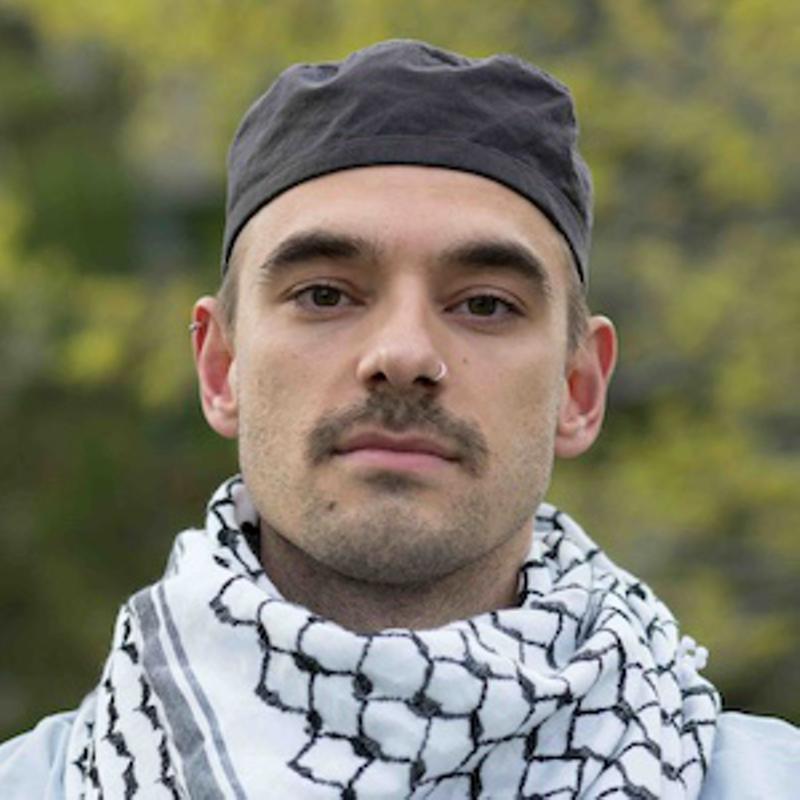

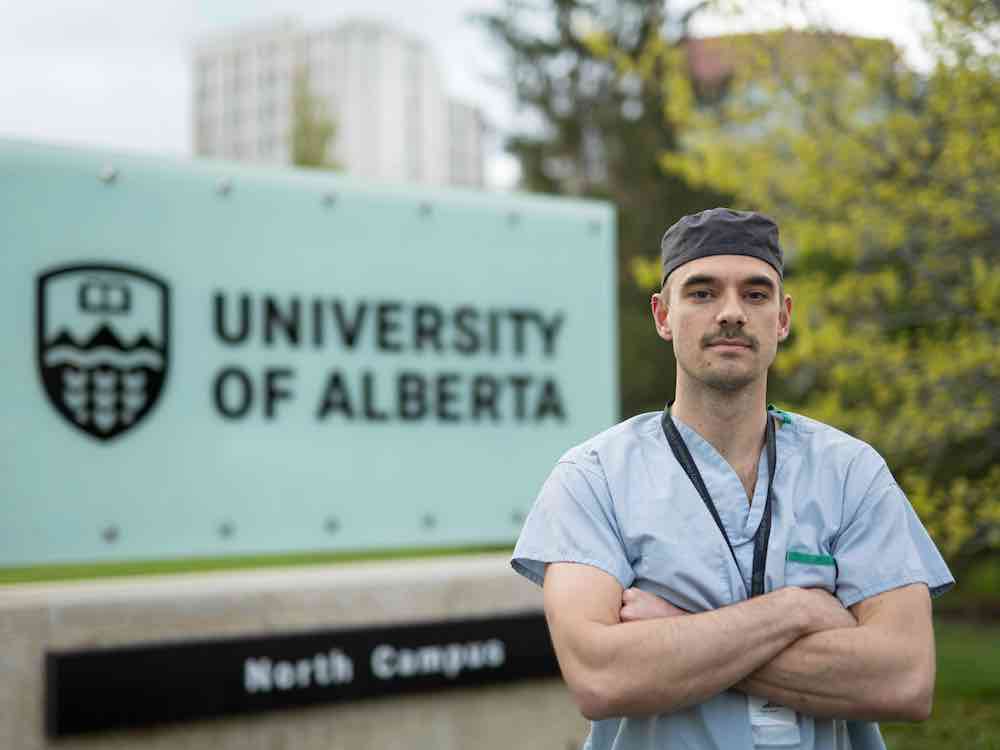
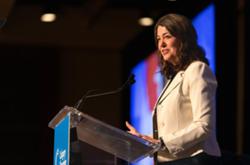
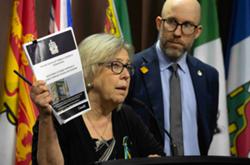
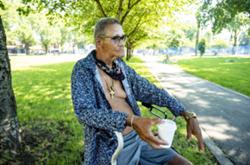
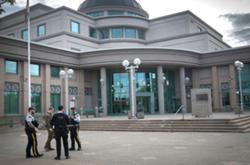
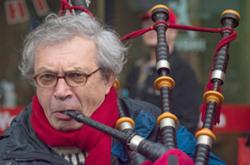
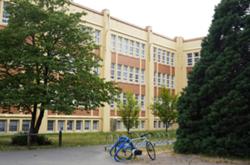

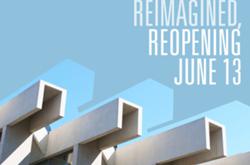
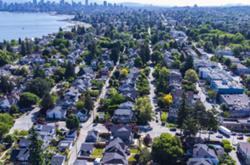
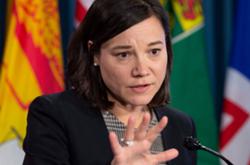
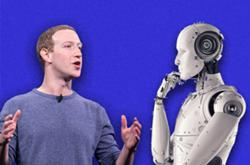
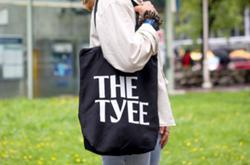
Tyee Commenting Guidelines
Comments that violate guidelines risk being deleted, and violations may result in a temporary or permanent user ban. Maintain the spirit of good conversation to stay in the discussion and be patient with moderators. Comments are reviewed regularly but not in real time.
Do:
Do not: